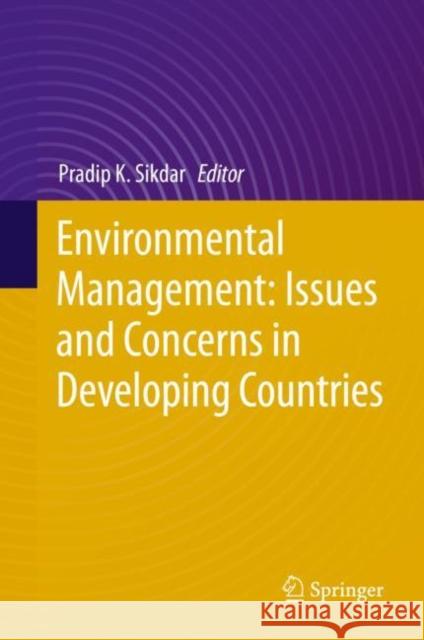Environmental Management: Issues and Concerns in Developing Countries » książka
topmenu
Environmental Management: Issues and Concerns in Developing Countries
ISBN-13: 9783030625283 / Angielski / Twarda / 2021 / 387 str.
Kategorie:
Kategorie BISAC:
Wydawca:
Springer
Język:
Angielski
ISBN-13:
9783030625283
Rok wydania:
2021
Wydanie:
2021
Ilość stron:
387
Waga:
0.81 kg
Wymiary:
23.88 x 19.56 x 2.29
Oprawa:
Twarda
Wolumenów:
01











